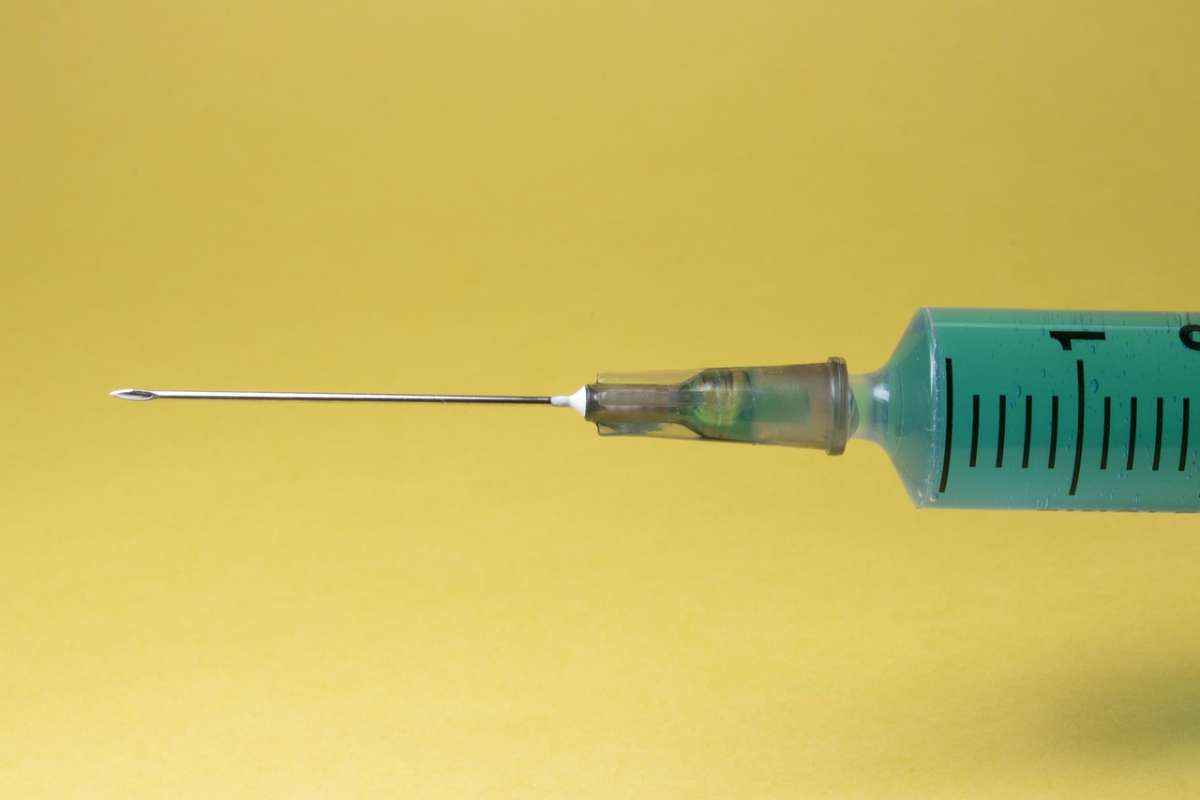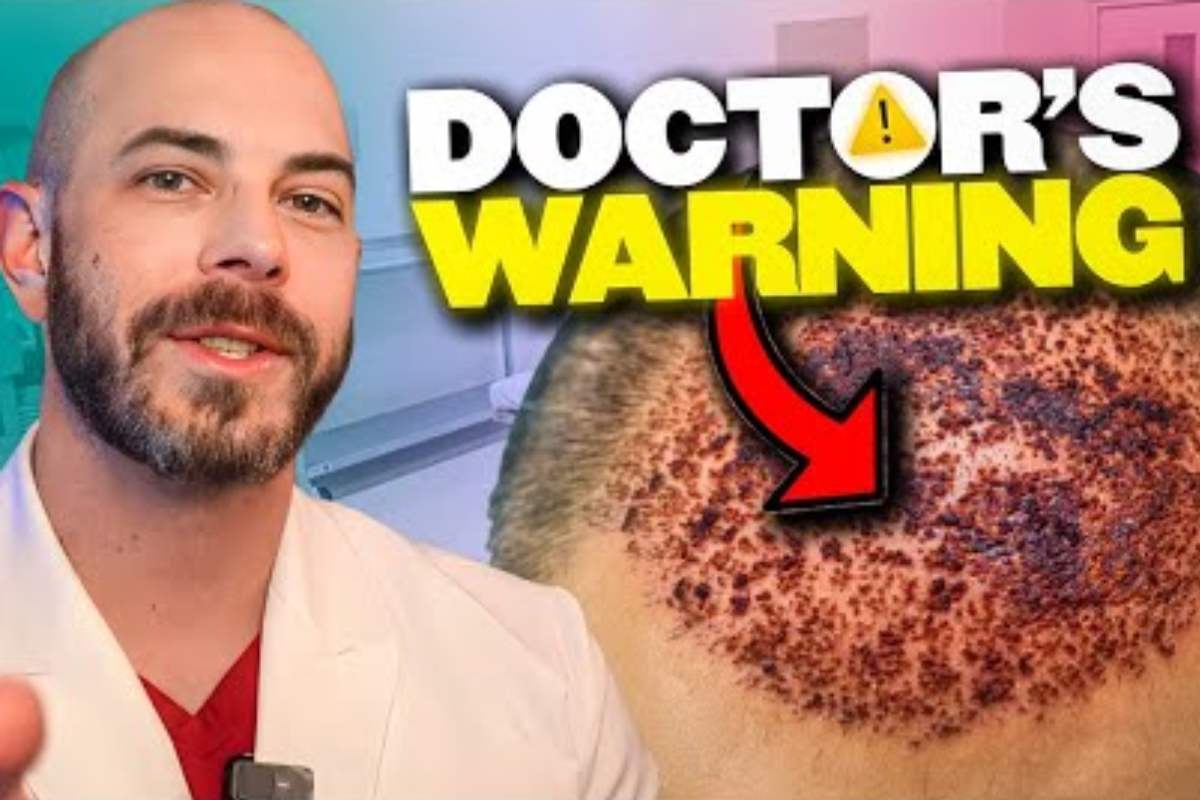There’s nothing quite like the joys of motherhood; Humming lullabies to your newborn. Seeing the wonder in their eyes as they discover the world. Your hair falling out in clumps a few months after bringing home your bundle of joy.
Ok. Maybe that’s not one of the more beautiful parts of becoming a mom—but postpartum hair loss, also called postpartum alopecia, is a surprisingly common issue many women avoid discussing. However, they are all far from alone.
According to the American Pregnancy Association, between 40% and 50% of new moms will lose some hair after giving birth. And though most women report better hair during pregnancy, some women will experience hair loss while pregnant.
So what causes hair loss during and after pregnancy in the first place? Can it be prevented? And most importantly, is it permanent? Let’s dig into the details of pregnancy and postpartum hair loss.
Can I Lose My Hair While Pregnant?
Likely due to a massive boost in estrogen levels, the majority of women savor the amazingly lush, bountiful hair that grows during pregnancy. But if the opposite rings true for you, worry not. Though less common than losing hair after delivery, it’s still natural for some women to notice balding while pregnant. After all, every body reacts to pregnancy differently.
Most women lose their hair while pregnant for one primary reason. Stress. Even if you’re thrilled with the arrival of your family’s new addition, it can still be an incredibly overwhelming time. This makes stress-related hair loss, also called telogen effluvium, a relatively common—and entirely natural—reason to lose some locks.
In the simplest terms, severe stress sends your body into survival mode causing nonessential functions to slow down or shut off altogether. This often includes hair follicles. As much as we treasure our hair, it’s not an essential component for human survival. As soon the stressors ease up though, expect new hair growth to emerge within a few months. Finding ways to relax is the ultimate cure for stress-related hair loss.
Another less frequent culprit for causing hair loss while pregnant is linked to the thyroid. Though relatively uncommon, about 2–3 out of 100 women will experience hypothyroidism, or an under-active thyroid, during their pregnancy. If in addition to hair loss you’re also experiencing extreme weight gain, muscle cramps, constipation, and exhaustion, it might be worth contacting your doctor to test your thyroid function.
Why Am I Losing Hair After Giving Birth?
Blame postpartum hair loss on the same thing that causes that previously thick, luxurious hair during pregnancy—hormones. Rather than an influx, your body now experiences a rapid reduction in estrogen levels almost immediately after delivery. Without extra hormones, your body can’t maintain the increased hair volume so the follicles transition back to their pre-pregnancy state. Unfortunately, this means saying ‘bye-bye’ to that luscious hair.
Postpartum telogen effluvium has a very predictable time course; about 3-4 months after delivering your baby women can expect sudden onset of shedding that ranges from mild to severe and traumatic. Who wouldn’t be startled by seeing clumps of hair falling out in the shower? Reasonable as it is to worry, try not to panic. It’s all only temporary.
Will Grow My Hair Back?
Yes! Assuming the hair loss is connected to your pregnancy, expect to regain your full head of hair – BUT it can take up to a year after giving birth. The affected hair follicles have to complete their entire life cycle after shedding, but once your hormones are back on pre-pregnancy terms, everything should grow back. With a new baby, however, you’re likely to be sleep deprived and stressed so it can take longer and shedding may continue. Also, some women feel like they never fully recover.
Occasionally, the stress induced shed or post-partum telogen effluvium unmasks genetic alopecia (female pattern hair loss). If this is the case, you should consult a Board Certified Dermatologist for evaluation of other causes of hair loss. Otherwise, do your best not to add the stress of your hair to your list of worries. Enjoy your baby and take comfort knowing your hair should return to full health before Baby’s first steps.
However, if you have severe hair loss or chronic shedding post-partum, here are several tips and tricks to boost hair health and speed up recovery.
Rogaine
If you’re anxious to experience some substantial hair growth, try using minoxidil (better known as Rogaine) 5% foam or solution. This is a fantastic way to see a faster recovery from temporary hair loss. And unlike the treatment of permanent hair loss, like male pattern baldness, where indefinite use is required to keep your hair growing strong, you’ll only have to use minoxidil until your natural hair has recovered.
Biotin
Used to strengthen nail and hair health, many women swear by biotin for treating hair loss caused by pregnancy. Though official studies are yet to be scientifically conclusive on the effectiveness extra doses of this B vitamin certainly doesn’t hurt.
Cut Your Hair
A great stylist does more than freshen up your look—something every new mom deserves, right? They’ll also use their talent to maximize the hair you still have and hide any patchy spots. A haircut also reduces the weight of long hair that may give your locks a little volume boost instead of lying flat.
Avoid Harsh Chemicals or Styling Techniques
Applying any harsh chemicals to your already fragile hair only causes more damage and slows down recovery. Resist the temptation to bleach your hair and skip the curling irons, straighteners, and hot blow dryer settings. Also, try not to wear your hair too tight in pony tails, braids or buns as this can put unnecessary tension on the remaining strands.
During this amazing yet hectic time, pregnancy and postpartum hair loss adds one more problem to an already overflowing plate. But rest assured that as frustrating as it is, this form of hair loss is nearly always temporary. If you are worried that a larger, underlying problem may be causing hair loss, contact the hair treatment experts at Limmer HTC.







